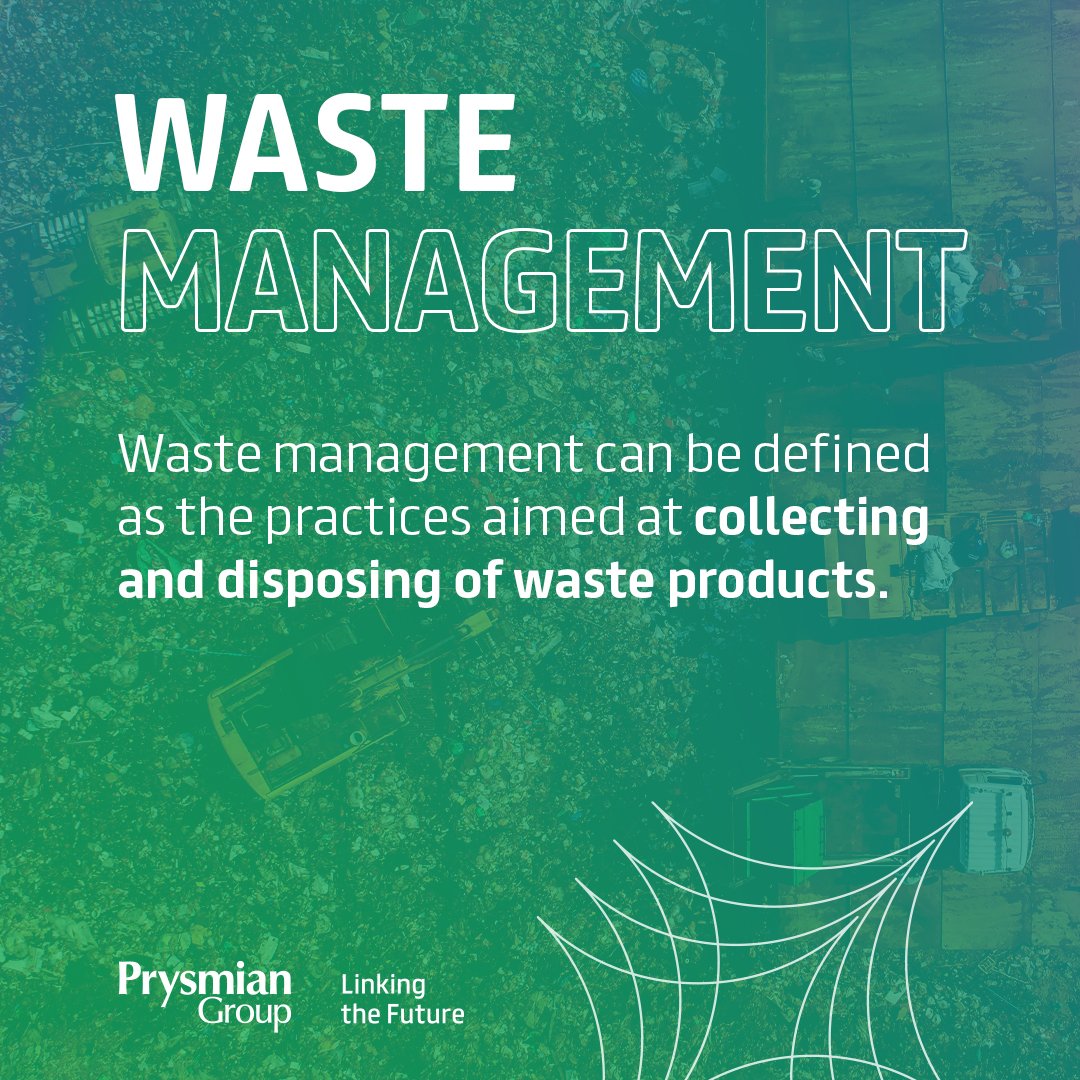The Ultimate Guide To Reclaim Waste
The Ultimate Guide To Reclaim Waste
Blog Article
The Definitive Guide to Reclaim Waste
Table of ContentsThe Ultimate Guide To Reclaim WasteReclaim Waste - QuestionsReclaim Waste - The Facts10 Simple Techniques For Reclaim WasteThe 4-Minute Rule for Reclaim Waste
Domestic sewage waste refers to the waste and products from a residential septic tank. The appropriate monitoring and disposal of domestic sewage waste require liquid waste to be moved to a sewer therapy plant where the appropriate methods and devices are used to detoxify and dispose of waste.
Business waste typically consists of potential threats, such as combustible products or a blend of fluid and strong waste products, and needs an advanced and comprehensive disposal procedure. The disposal of business waste commonly entails the filtering of waste prior to transportation to ensure risk-free and appropriate disposal. Hazardous waste is developed from by-products and drainage of industrial procedures and production.
This kind of waste can not use the same sewer monitoring transport or processes as septic or business fluids. The hazardous waste administration procedure needs the assessment and screening of liquid waste before it undergoes the disposal process (industrial wastewater treatment). Drainage waste is the liquid waste that originates from drainage and excess stormwater in extremely populated areas or cities
Overflow waste can create contamination and flooding if not handled properly. Discover more regarding drain cleansing and waste administration. Ensuring proper waste administration can avoid catastrophes and lower ecological harm. Both individuals in property settings and specialists in commercial or manufacturing sectors can profit from recognizing the processes and laws of fluid waste administration.
4 Simple Techniques For Reclaim Waste
Get in touch with PROS Providers today to learn more about our waste administration and disposal services and the correct methods to take care of the fluid waste you generate.
(https://pxhere.com/en/photographer-me/4429814)This so-called 'wastewater' is not just an important source however, after treatment, will be released to our land, rivers or the ocean. Utilized water from toilets, showers, bathrooms, cooking area sinks, laundries and commercial processes is understood as wastewater.

water made use of to cool machinery or clean plant and equipment). Stormwater, a type of wastewater, is overflow that flows from farming and urban locations such as roofs, parks, yards, roads, courses and gutters right into stormwater drains, after rainfall. Stormwater flows unattended straight to local creeks or rivers, ultimately getting to the sea.
How Reclaim Waste can Save You Time, Stress, and Money.
In Queensland, the majority of wastewater is dealt with at sewage therapy plants. Wastewater is moved from residential or commercial sites through a system of sewage systems and pump stations, called sewerage reticulation, to a sewage therapy plant. Neighborhood governments build, keep and operate most sewage therapy plants. Operators are accredited resource under the Environmental Management Act 1994 to discharge treated wastewater at an appropriate ecological requirement right into rivers.
The Division of Natural Resources advises regional governments about managing, operating and maintaining sewerage systems and treatment plants. In unsewered locations, city governments might require householders to mount individual or house sewage therapy systems to treat domestic wastewater from toilets, cooking areas, shower rooms and laundries. The Department of Natural Resources authorises using house systems when they are shown to be efficient.
The majority of stormwater obtains no treatment. In some new neighborhoods, therapy of some stormwater to get rid of litter, sand and gravel has begun making use of gross pollutant traps. Wastewater treatment takes place in 4 stages: Eliminates solid issue. Larger solids, such as plastics and other items mistakenly released to sewers, are removed when wastewater is gone through screens.
Wastewater after that streams into large storage tanks where solids settle and are gotten rid of as sludge. Oil and residue are skimmed from the surface. Uses tiny living microorganisms referred to as micro-organisms to break down and remove staying dissolved wastes and great bits. Micro-organisms and wastes are incorporated in the sludge. Removes nitrogen and phosphorus nutrients that might trigger algal blooms in our waterways and endanger marine life.
Some Known Details About Reclaim Waste
Nutrient removal is not offered at all sewage therapy plants since it needs pricey specialised tools. Clear liquid effluent produced after therapy may still include disease-causing micro-organisms - liquid waste removal.

This normally suggests wastewater needs to be dealt with or pollutants gotten rid of prior to it can be discharged to waterways. A lot of wastewater flows right into the sewerage system. Under the Act, city governments provide authorizations and permits for eco pertinent tasks (Periods) including wastewater releases that may have a regional impact. The department provides approvals and licences to ERAs entailing wastewater releases that may have a regional or statewide effect.
Reclaim Waste Can Be Fun For Everyone
Tracking provides valid details about water high quality and can verify that licence problems are being satisfied. The information obtained via surveillance gives the basis for making water high quality choices.
Report this page